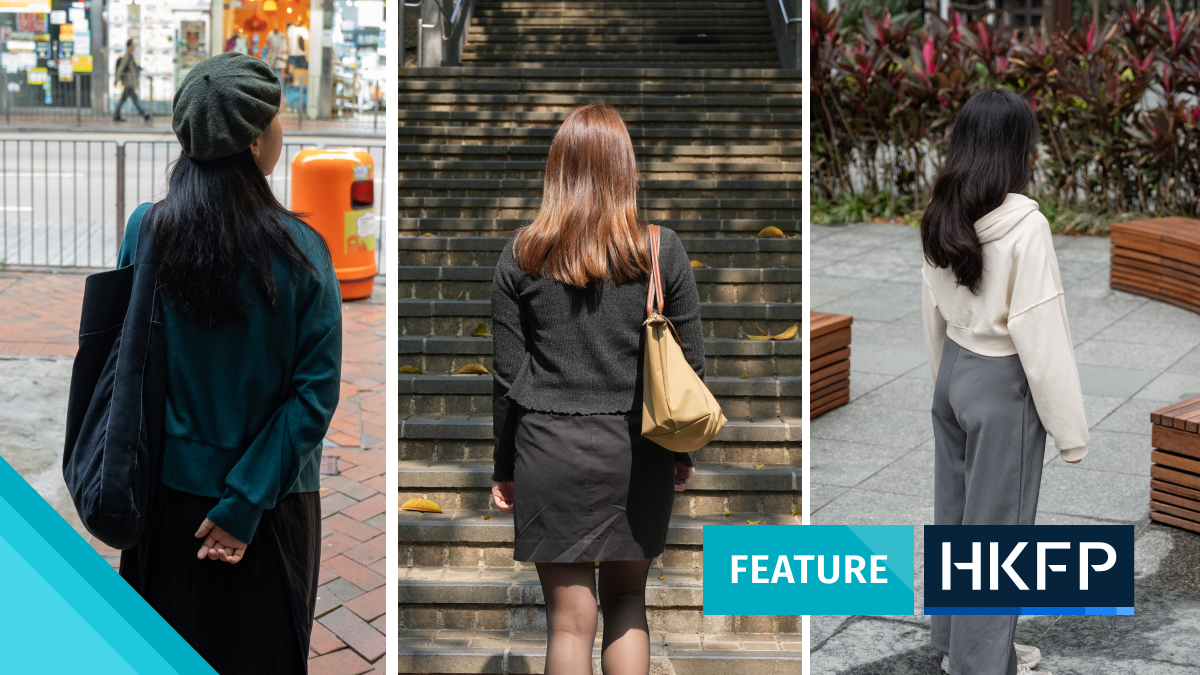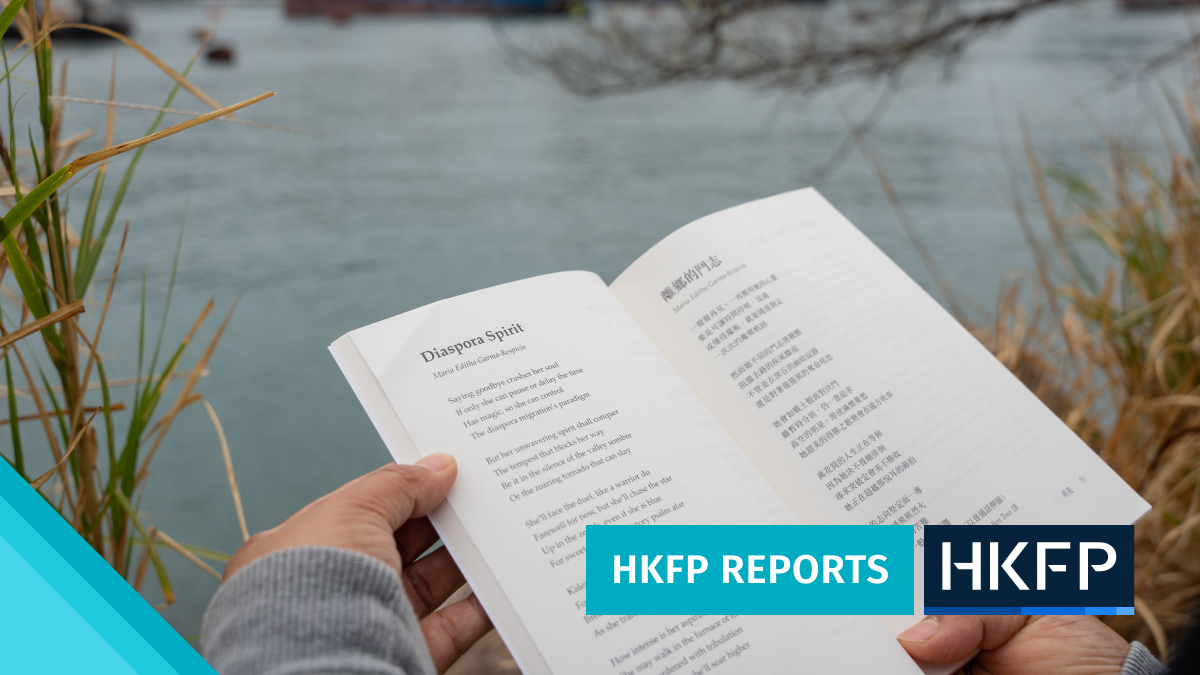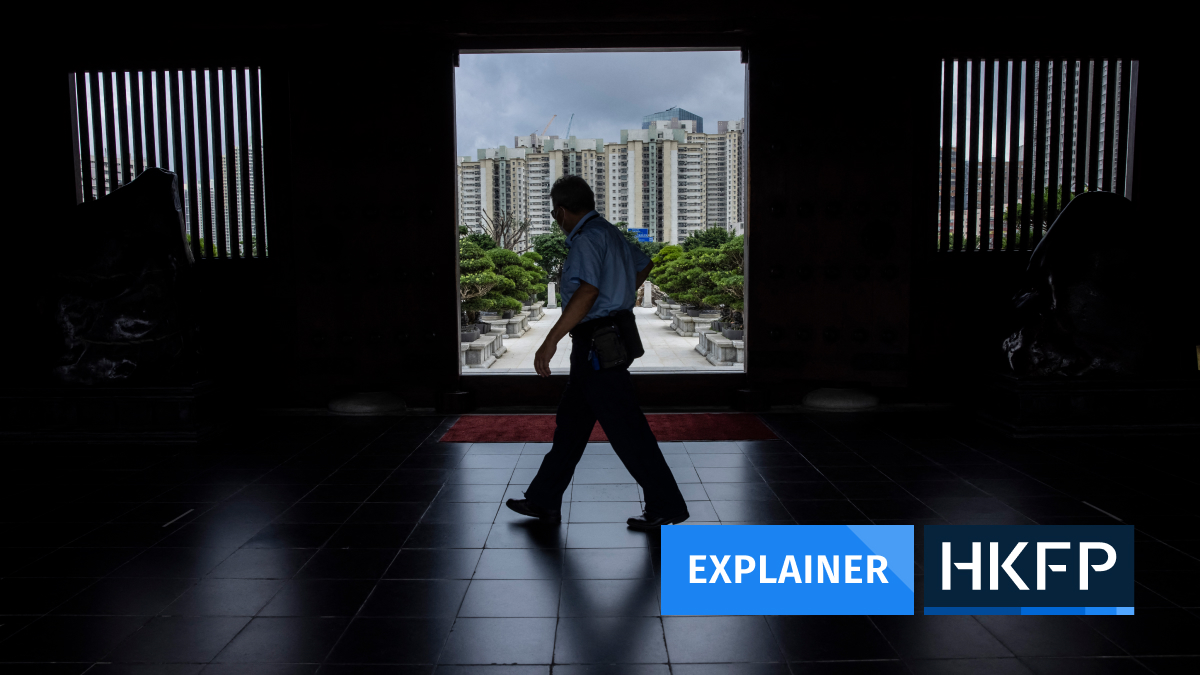Almost 57 per cent of people living in subdivided flats have said they were “uncertain” about the details of a new pay-as-you-throw waste tax, a survey conducted by a Hong Kong NGO has found as it urged authorities to further postpone the citywide roll-out of the rubbish levy.
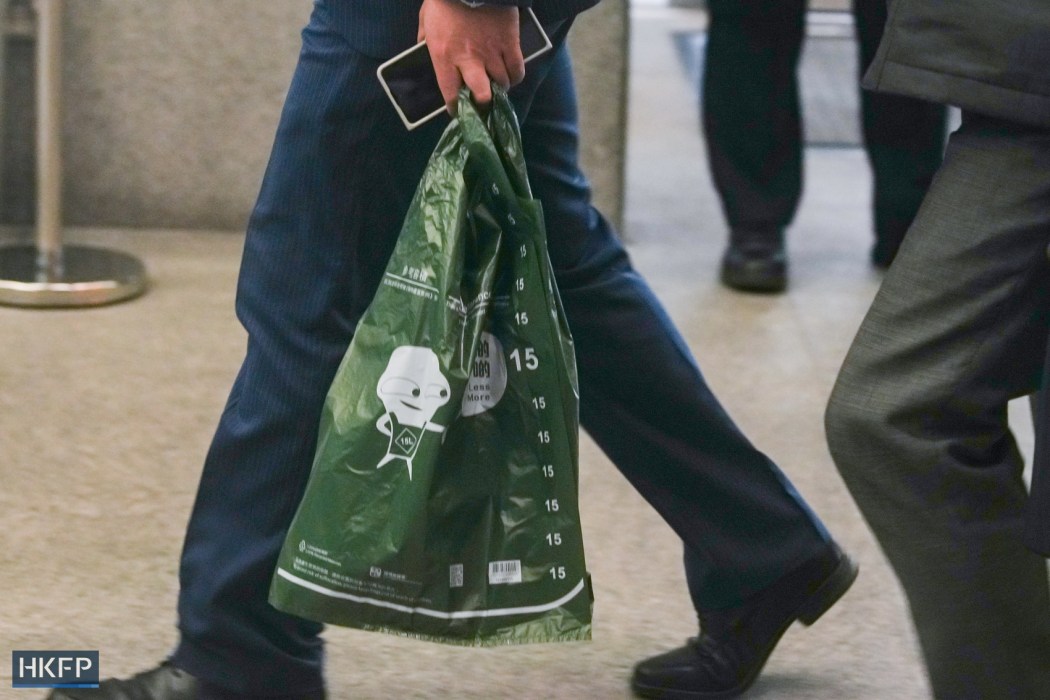
Originally slated for implementation on April 1, the municipal solid waste charging scheme will come into effect in August. Hong Kong’s environment minister announced in January that it would be pushed back, citing public concerns and a lack of understanding over how the scheme would be enforced.
See also: Hong Kong waste tax postponed until August, environment secretary Tse Chin-wan says
It marked the second time the scheme had been delayed since it was approved by the legislature in 2021. Under the scheme, Hongkongers will have to dispose of household waste using government-authorised bags or risk a HK$1,500 fine.
Anti-poverty NGO the Society for Community Organization (SoCO) on Sunday urged the government to further postpone the full enforcement of the waste tax until next April, citing a recent survey it had conducted in which underprivileged residents raised concerns about the affordability of the levy.
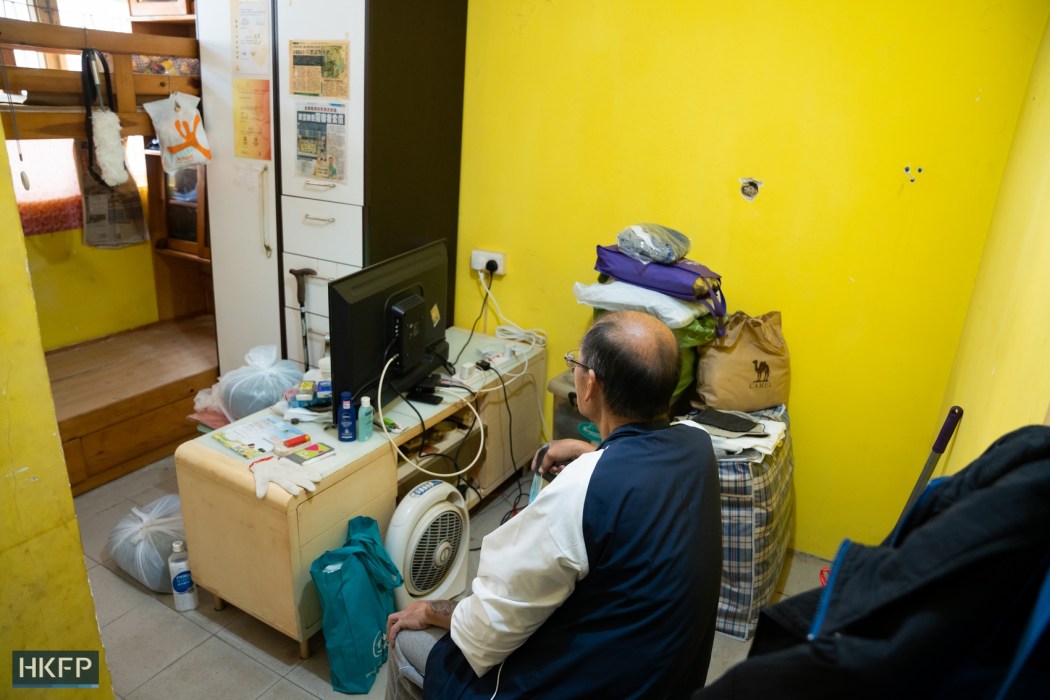
SoCO interviewed 306 people living in subdivided flats last month, more than 60 per cent of whom lived in Sham Shui Po, the city’s second-poorest district, according to government figures. The median age of respondents was 47-years-old, while their median household income stood at HK$11,000.
The NGO estimated that there were about 220,000 low-income renters residing in subdivided flats in Hong Kong, a statement added.
According to the survey, 76.8 per cent of the respondents agreed that the government should roll out environmentally-friendly policies that promote waste reduction. More than 90 per cent said they supported recycling measures, while 97.1 per cent said they had eco-friendly habits, such as carrying their own shopping bags and reducing their electricity and water consumption.
But 76.5 per cent said they were concerned about the extra financial costs involved in purchasing the designated bags and tags under the government’s new scheme. From August, a household that disposed of one 10 or 15 litre bag per day would pay about HK$33 to HK$51 a month in garbage tax.

While about 70 per cent of the respondents indicated that they would reduce the amount of domestic waste in light of the scheme, more than half said they would throw rubbish out less frequently, while 25 per cent said they may dump kitchen waste into the toilet.
“By reducing the use of garbage bags and the frequency of waste disposal, it could instead create household hygiene problems or cause blocked drains in the buildings, increasing repair costs,” SoCO said in its Chinese statement.
A total of 56.9 per cent of respondents said they were “uncertain” about the details of the waste tax, including how to purchase the designated bags and where to dispose waste. Over 43 per cent also said they were worried about unintentionally breaching the law once the waste tax became effective.
“Underprivileged residents may be lacking information; they are particularly dependent on the government for prompt and sustained [policy] education,” the NGO said.

SoCO proposed a “four-phase” plan for the new waste charge. For the first phase, the NGO suggested testing the waste tax on government departments and buildings. In the second and third phases, the government could further levy the tax on major residential estates in August, then on single block residential buildings in December.
The government should only introduce the new tax in low-income districts after the first three stages, and citywide law enforcement actions should not be conducted earlier than next April, the NGO added.
The government had already decided to test the new waste tax at governmental buildings from April, with environment chief Tse Chin-wan saying that such “on-site demonstrations” would help illustrate the working of the scheme to the general public.
Support HKFP | Policies & Ethics | Error/typo? | Contact Us | Newsletter | Transparency & Annual Report | Apps
Help safeguard press freedom & keep HKFP free for all readers by supporting our team

Original reporting on HKFP is backed by our monthly contributors.
Almost 1,000 HKFP Patrons made this coverage possible. Each contributes an average of HK$200/month to support our award-winning original reporting, keeping the city’s only independent English-language outlet free-to-access for all. Three reasons to join us:
- 🔎 Transparent & efficient: As a non-profit, we are externally audited each year, publishing our income/outgoings annually, as the city’s most transparent news outlet.
- 🔒 Accurate & accountable: Our reporting is governed by a strict Ethics Code. We are 100% independent, and not answerable to any tycoon, mainland owners or shareholders. Check out our latest Annual Report, and help support press freedom.
- 💰 It’s fast, secure & easy: We accept most payment methods – cancel anytime, and receive a free tote bag and pen if you contribute HK$150/month or more.
MORE Original Reporting
HKFP has an impartial stance, transparent funding, and balanced coverage guided by an Ethics Code and Corrections Policy.
Support press freedom & help us surpass 1,000 monthly Patrons: 100% independent, governed by an ethics code & not-for-profit.




